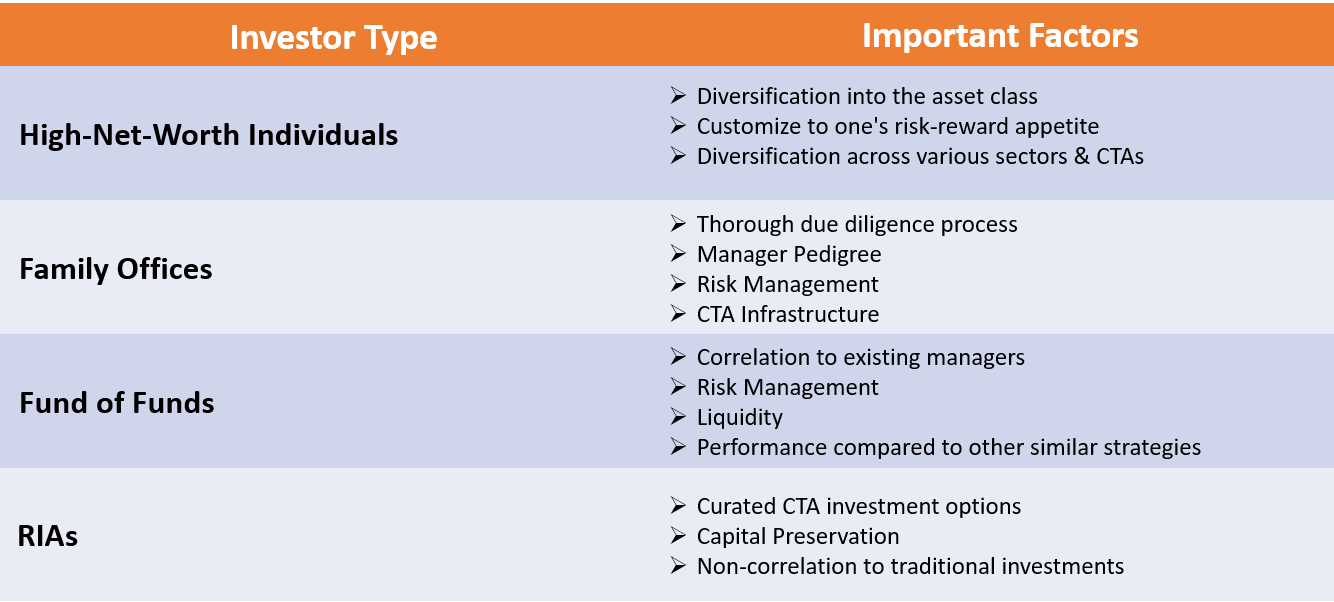
If you're new to investing and don't have any prior knowledge, you may be asking yourself what the best online broker for beginners is. The answer will depend on your investment goals and knowledge. Below is a list comparing the top online stock broker for beginners. This includes Charles Schwab (Ally Invest), Merrill Edge (TD Ameritrade), Merrill Edge (TD Ameritrade), and many more. There is a broker for every type of investor, including beginners.
Charles Schwab
Charles Schwab's services are great for anyone who is new to investing, or an investor with experience. There is no minimum account requirement, no commission on ETFs or stock trades and thousands of funds can be accessed at a reasonable price. Schwab, a full-service broker, focuses heavily on investment education. You can also find several investment platforms, as well as free educational resources. There are no transaction fees.

Ally Invest
Although Ally Invest's platform for placing transactions is very user-friendly, it lacks advanced trading features, such as order routing and options strategies. Instead, you'll have to manually cancel new orders whenever your stop or profit loss triggers. Ally Invest has these features but is far behind other online brokers. Also, the company doesn't allow trading in futures or cryptocurrency.
Merrill Edge
If you're a beginner and don't know what you're doing with stocks, Merrill Edge may be the best online stock broker for you. This broker allows you to trade multiple asset classes and has a user-friendly interface. Merrill Edge also offers a list with buy-rated funds. However, this doesn't guarantee performance. However, you can use their managed portfolio service to wash your hands of the complexities of trading. Depending on how much you want to invest, you can go with this option.
TD Ameritrade
TD Ameritrade has been rated as one of the top online brokers for beginners. Its intuitive desktop tools allow for quick trade execution. It offers wealth management services that include option and stock research as well as third-party reports. Its "knowledge hub" contains a wealth of information about everything stock picking and investment principles. You can also access expert asset management information and a variety research tools to help you make better investment choices.

Interactive Brokers
Before you sign up with an online stock broker, you should determine your level of knowledge. You can invest with as little as $1, while some require a higher deposit to open an account. An online stock broker is a great option for people with low budgets. An online stock broker can be a great option for beginners. They offer low account fees and access to educational resources. Learn more about these benefits.
FAQ
What is the role and function of the Securities and Exchange Commission
The SEC regulates securities exchanges, broker-dealers, investment companies, and other entities involved in the distribution of securities. It enforces federal securities laws.
How do I invest in the stock market?
Brokers can help you sell or buy securities. Brokers can buy or sell securities on your behalf. When you trade securities, brokerage commissions are paid.
Banks typically charge higher fees for brokers. Because they don't make money selling securities, banks often offer higher rates.
You must open an account at a bank or broker if you wish to invest in stocks.
Brokers will let you know how much it costs for you to sell or buy securities. He will calculate this fee based on the size of each transaction.
Ask your broker:
-
To trade, you must first deposit a minimum amount
-
whether there are additional charges if you close your position before expiration
-
What happens when you lose more $5,000 in a day?
-
How long can you hold positions while not paying taxes?
-
How much you can borrow against your portfolio
-
How you can transfer funds from one account to another
-
How long it takes to settle transactions
-
The best way to sell or buy securities
-
how to avoid fraud
-
How to get assistance if you are in need
-
whether you can stop trading at any time
-
How to report trades to government
-
Whether you are required to file reports with SEC
-
Whether you need to keep records of transactions
-
How do you register with the SEC?
-
What is registration?
-
What does it mean for me?
-
Who is required to register?
-
What time do I need register?
Who can trade in the stock market?
The answer is yes. Not all people are created equal. Some have better skills and knowledge than others. They should be recognized for their efforts.
Trading stocks is not easy. There are many other factors that influence whether you succeed or fail. For example, if you don't know how to read financial reports, you won't be able to make any decisions based on them.
These reports are not for you unless you know how to interpret them. You need to know what each number means. Also, you need to understand the meaning of each number.
You'll see patterns and trends in your data if you do this. This will help to determine when you should buy or sell shares.
This could lead to you becoming wealthy if you're fortunate enough.
What is the working of the stock market?
When you buy a share of stock, you are buying ownership rights to part of the company. The shareholder has certain rights. A shareholder can vote on major decisions and policies. He/she may demand damages compensation from the company. The employee can also sue the company if the contract is not respected.
A company can't issue more shares than the total assets and liabilities it has. This is called capital adequacy.
Companies with high capital adequacy rates are considered safe. Low ratios can be risky investments.
Statistics
- Even if you find talent for trading stocks, allocating more than 10% of your portfolio to an individual stock can expose your savings to too much volatility. (nerdwallet.com)
- For instance, an individual or entity that owns 100,000 shares of a company with one million outstanding shares would have a 10% ownership stake. (investopedia.com)
- The S&P 500 has grown about 10.5% per year since its establishment in the 1920s. (investopedia.com)
- Ratchet down that 10% if you don't yet have a healthy emergency fund and 10% to 15% of your income funneled into a retirement savings account. (nerdwallet.com)
External Links
How To
How to Open a Trading Account
It is important to open a brokerage accounts. There are many brokers that provide different services. There are many brokers that charge fees and others that don't. Etrade (TD Ameritrade), Fidelity Schwab, Scottrade and Interactive Brokers are the most popular brokerages.
Once your account has been opened, you will need to choose which type of account to open. You should choose one of these options:
-
Individual Retirement accounts (IRAs)
-
Roth Individual Retirement Accounts
-
401(k)s
-
403(b)s
-
SIMPLE IRAs
-
SEP IRAs
-
SIMPLE 401(k)s
Each option comes with its own set of benefits. IRA accounts are more complicated than other options, but have more tax benefits. Roth IRAs allow investors deductions from their taxable income. However, they can't be used to withdraw funds. SIMPLE IRAs are similar to SEP IRAs except that they can be funded with matching funds from employers. SIMPLE IRAs can be set up in minutes. They enable employees to contribute before taxes and allow employers to match their contributions.
Finally, you need to determine how much money you want to invest. This is called your initial deposit. You will be offered a range of deposits, depending on how much you are willing to earn. Depending on the rate of return you desire, you might be offered $5,000 to $10,000. The lower end of the range represents a prudent approach, while those at the top represent a more risky approach.
Once you have decided on the type account you want, it is time to decide how much you want to invest. Each broker will require you to invest minimum amounts. These minimums can differ between brokers so it is important to confirm with each one.
After deciding the type of account and the amount of money you want to invest, you must select a broker. Before selecting a brokerage, you need to consider the following.
-
Fees-Ensure that fees are transparent and reasonable. Many brokers will try to hide fees by offering free trades or rebates. However, some brokers actually increase their fees after you make your first trade. Be cautious of brokers who try to scam you into paying additional fees.
-
Customer service – You want customer service representatives who know their products well and can quickly answer your questions.
-
Security - Select a broker with multi-signature technology for two-factor authentication.
-
Mobile apps - Check if the broker offers mobile apps that let you access your portfolio anywhere via your smartphone.
-
Social media presence: Find out if the broker has a social media presence. It might be time for them to leave if they don't.
-
Technology - Does the broker use cutting-edge technology? Is it easy to use the trading platform? Are there any problems with the trading platform?
Once you have decided on a broker, it is time to open an account. Some brokers offer free trials. Others charge a small amount to get started. After signing up, you'll need to confirm your email address, phone number, and password. Next, you'll have to give personal information such your name, date and social security numbers. Finally, you'll have to verify your identity by providing proof of identification.
Once you're verified, you'll begin receiving emails from your new brokerage firm. You should carefully read the emails as they contain important information regarding your account. This will include information such as which assets can be bought and sold, what types of transactions are available and the associated fees. Also, keep track of any special promotions that your broker sends out. You might be eligible for contests, referral bonuses, or even free trades.
The next step is to open an online account. Opening an online account is usually done through a third-party website like TradeStation or Interactive Brokers. These websites are excellent resources for beginners. When you open an account, you will usually need to provide your full address, telephone number, email address, as well as other information. Once this information is submitted, you'll receive an activation code. This code will allow you to log in to your account and complete the process.
Now that you've opened an account, you can start investing!